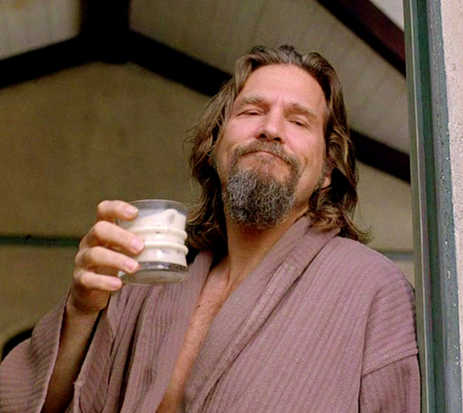Everett,
What then does it say about my brain that I enjoy the rare birdie less than the common one since I understand it as being a statistical outlier and not as a successful execution of my conscious skills?
Also, do you believe that we have the ability or right to evaluate and amend our behavior?
Hi Armus,
That's an interesting topic, and I probably should have included that there are of course multiple ways that we trigger the pleasure center of our brains (i.e. it's not just reward-seeking behaviors that can do it). For example, novelty (i.e. processing new data) is also rewarded in a similar way. This sometimes gets referred to by game designers as "easy fun", while reward-seeking/challenge is referred to as "hard fun". Hard fun is the experience of 'wanting' a particular reward/outcome, while easy fun is the experience of 'liking' the novelty of the experience, input, or data.
What I'm getting at here is that, because we have multiple ways we can trigger this part of our brains, any particular 'pathway' may be weaker or stronger in any particular individual, based on their own particular genetics, development, neurochemistry, etc. e.g. Some people get more 'out' of competition than others. We don't all 'like' the same things, or enjoy playing the same games.
It sounds like you're talking about the concept of 'mastery', which gets discussed a lot in game design, but I haven't actually come across any research on the neuroscience of mastery in games. I'd suspect, however, that there is some pathway to the pleasure center of the brain based around the experience/satisfaction of demonstrating mastery involved.

Interesting question about evaluating our own behaviors. Yes, I would certainly argue that our neural feedback loop does allow for some amount of evaluation and amendment. i.e. We do have some amount of control over our behaviors, and some capacity to change them. You might be interested in topics like 'positive psychology'.. I'm definitely not an expert in that area, but there are lots of resources on the topic.

As for 'rights', no, rights are made up, fairy-tale things.

